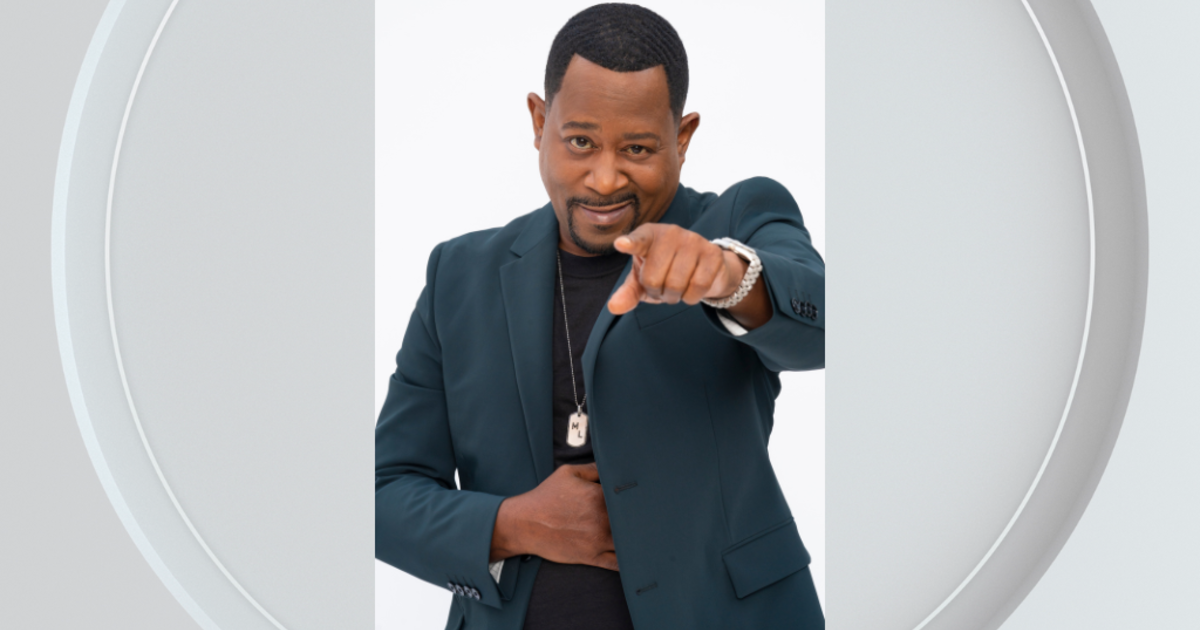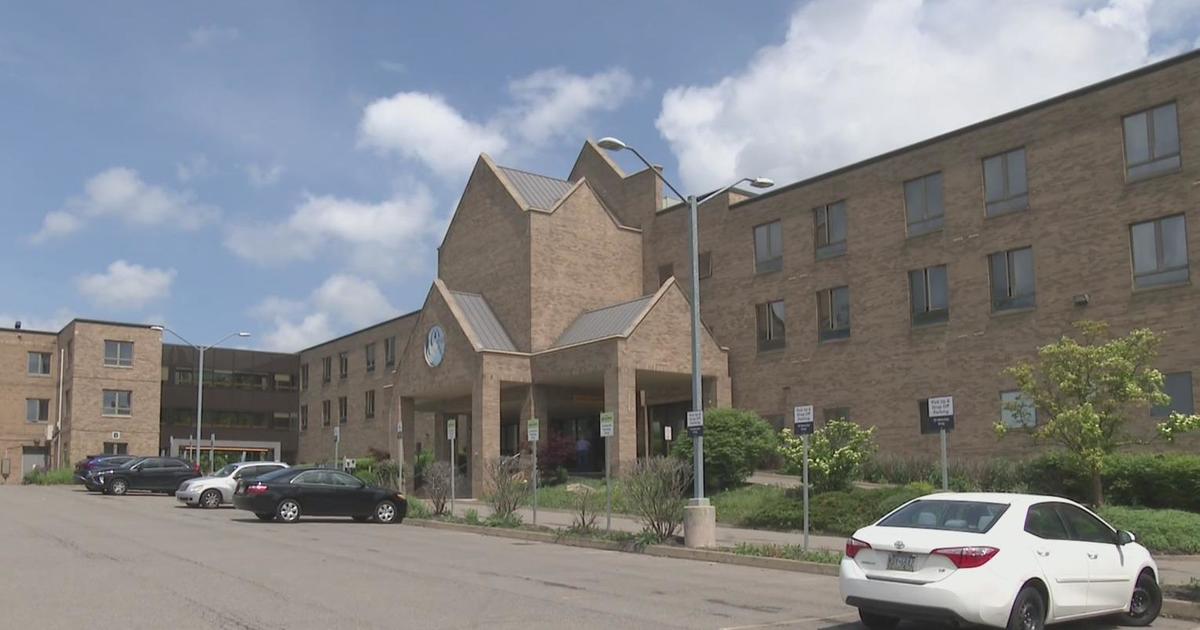Expert Debunks Myths And Misconceptions Around Breast Cancer
PITTSBURGH (KDKA) – There are lots of thoughts on breast cancer.
Some are on the right track with family history and genetics to blame. Some women will get mastectomies just because it runs in their family.
But some thoughts aren't on the right track.
Cancer in some cases has been blamed on getting hit during sports, underwire bras, cell phone and microwaves.
Breast Cancer Specialist Jane Raymond straightens this all out.
For instance, we do know breast cancer risk has to do with hormones.
"The things that increase the risk of breast cancer are things that increase the amount of estrogen in the body," said Raymond.
So being overweight, hormone replacement therapy and the age of your period's start and stop play a role – as does reproductive history. Having a first pregnancy after age 30 increases risk, being a very young mom decreases it.
"If you have your first child by age 16, the risk of breast cancer goes way down," says Raymond. "But most of us would rather not have our daughters have their first child by that age."
So how about fertility treatments? These involve hormone injections with cycles of high estrogen levels.
A recent study of thousands of women who had fertility treatments showed no increased risk.
"I have a lot of patients who've had fertility treatments, so I have to say it's a question I've wondered about a lot," said Raymond. "I was very reassured to see that study."
She adds that women who have had breast cancer and later had children did not have an increased risk either, so these hormone shifts do not seem to be related.
What about environmental factors that aren't hormones, like antiperspirant or underwire bras? It's just a coincidence, locations is not causation.
"If you look right out here, where you put on your deodorant, is the most common place for breast cancers to develop," said Raymond. "And I think people think well, since it's out there, close to the deodorant, that that's where they make the connection."
How about power lines? Cancer cluster investigations show no connection.
And don't blame the bus, or a blow to the chest either.
"I've seen many elderly women who got breast cancer on the bus," said Raymond. "And what happens is they get on the bus, The bus starts or stops and they hit their breast, then they feel a lump there."
As for coffee?
"People think that because maybe coffee decreases breast swelling, that drinking coffee would cause breast cancer," said Raymond. "I don't know where that comes from. But there is no evidence that drinking coffee causes breast cancer."
Some people believe screening leads to breast cancer, but Raymond says that's not the case.
The radiation used to get mammograms has decreased substantially over the years, making the risk negligible.
"You get more radiation by flying to Chicago," she said.
And as far as treatment, you might think mastectomy would eliminate the risk of cancer, but it's not guaranteed. Surgically removing the breast decreases the chance of recurrence greatly for the vast majority of women, but it's not 100 percent. It can come back at the incision site.
"That would be the most common thing," Raymond said. "The odds of that happening are very low, just 1 or 2 percent."
And about 70 percent of women with breast cancer have no identifiable risk factor. And as for the one in eight chance of getting it – that's over a lifetime. It's about one in 200 when a woman is in her 30s and one in eight in her eighties.
RELATED LINKS
More Local News
More Health News
Join The Conversation On The KDKA Facebook Page
Stay Up To Date, Follow KDKA On Twitter



